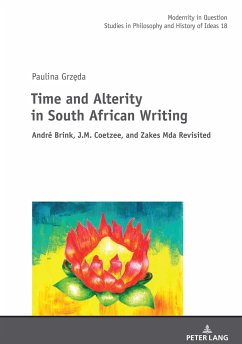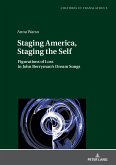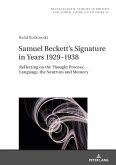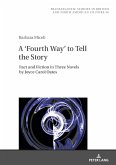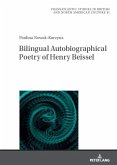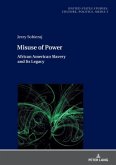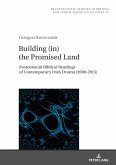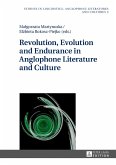The Covid-19 pandemic has thrust us all into a warped, disjointed 'coronatime,' which has both uncontrollably accelerated, and interminably decelerated, or got frozen. Just like the pandemic, this book provides a chance to reevaluate neoliberalism's temporal regimes of growth, decline, deceleration and acceleration. South Africa and its contemporary literature are a perfect background against which to think about temporality experimentally. Focusing on three South African authors, André Brink, J.M. Coetzee and Zakes Mda, the book examines contemporary South African revisioning of time and alterity. Through some of the previously unexplored texts, it studies what living in a post-conflict, post-revolutionary and highly traumatized society entails for one's perception of time and otherness.
Bitte wählen Sie Ihr Anliegen aus.
Rechnungen
Retourenschein anfordern
Bestellstatus
Storno

